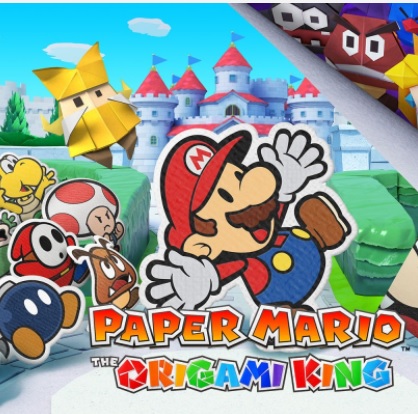Is this dialogue from Paper Mario creative wordplay or government censorship?
Medical Pharmaceutical Translations • Aug 19, 2020 12:00:00 AM

Video games have been a major consolation over the past few months. But some have also provoked controversy. Now, Nintendo’s seemingly inoffensive Paper Mario: The Origami King can be included on that list.
The controversy stems from the discovery that while a dialogue in the Japanese version has the character Toad saying that he wants freedom and human rights, those same words are replaced with a “plain outlook” and “peaceful life” in the Mandarin Chinese version of the game. This is especially striking since the characters used for these terms are nearly the same in Japanese Kanji and Traditional Chinese.
The difference in translations has caused many people to think that the Chinese government pressured the game’s creators to change the dialogue, especially in light of the current unrest in Hong Kong.
But many people, including analyst Daniel Ahmad, believe that the translation was based on creativity and wordplay. The terms used in the Chinese version include a component word that can mean “flat”, like the paper characters themselves. Additionally, the words create a slant rhyme, adding to the game’s lighthearted tone.
Besides, Ahmad has points out, the game isn’t even currently available on the Chinese market.
Still, suspicion looms large.
Wherever the truth lies, the issue reveals both the linguistic creativity we celebrate in Harry Potter translations, for example, and a sobering reminder of how language can be a tool of control and oppression.
Read on to learn more about the Paper Mario translation controversy. This article seems to debunk it, while this one presents the idea of government censorship a possibility.
Contact Our Writer – Alysa Salzberg
